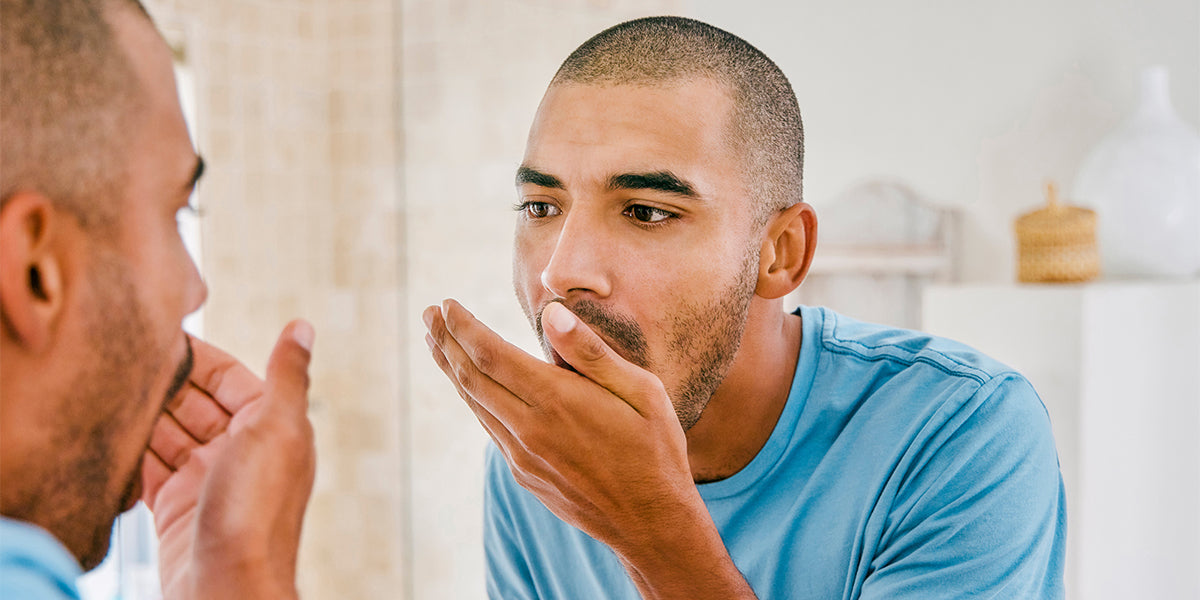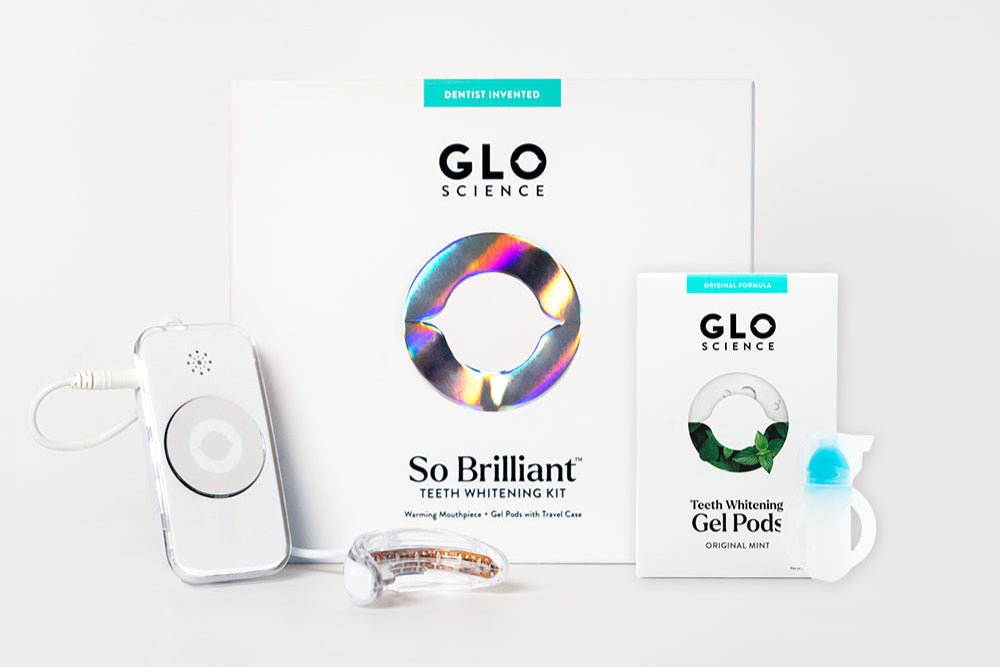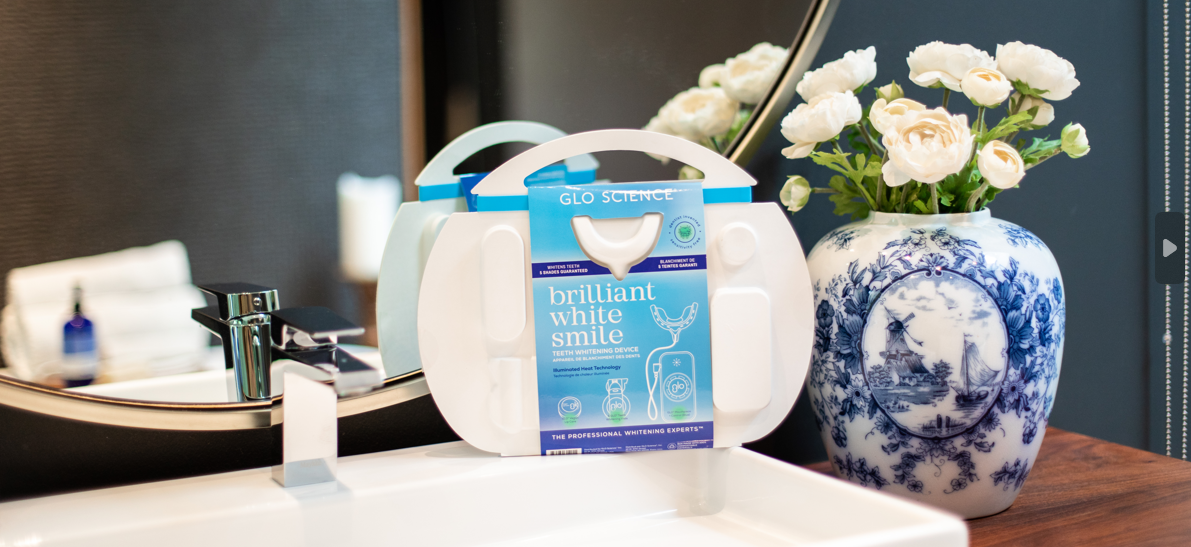
What Causes Bad Breath?
Let’s face it, bad breath stinks! …and we’ve all been there. That icky feeling in your mouth first thing in the morning, or when out with a group of friends, or eek! at a job interview, and that weird taste in your mouth just won’t go away. You’ve tried gum, a mint, covering your mouth with your hand, but you know that your breath isn’t fresh, and you feel helpless to do anything about it.
Bad breath can happen to anyone and although it can be highly embarrassing, cause anxiety, and have you feeling insecure, there are steps you can take to ensure that you have the freshest breath every day.
While oral hygiene is important for maintaining fresh breath, there are many reasons why a person might have bad breath. It could be from the foods we eat to a lack of water, or perhaps even a health condition. But you don’t have to live with the self-consciousness of having bad breath when there are ways to improve it.
Keep reading to learn more about the causes of bad breath and check out some strategies to improve your breath below.
Common Causes of Bad Breath
Bad breath, also known as halitosis, can happen for a variety of reasons, here are five of the most common causes:
1. Foods
When struggling with bad breath, it makes sense to consider what foods cause bad breath and the main culprits are fairly easy to identify: garlic, onions, and spicy food. When these foods are digested, they enter your bloodstream and into your lungs, causing you to breathe out bad breath.
Other foods like meats and fish are high in protein. The compounds that are released from high protein foods are sometimes hard to digest. This can sometimes create a sulfurous odor that comes out through your mouth. These are all contributing factors to what causes bad breath from the stomach.
Another reason that food is a stubborn culprit in causing bad breath is that it can get stuck in between teeth which attracts bacteria that can create that foul smelling odor.
2. Dehydration
Getting enough water is an essential part of everyday health, and also a factor in maintaining fresh breath. That’s because a lack of fluids in your system can decrease the amount of saliva being produced in your mouth. Saliva is important as a natural mouth “cleanser” that removes particles caught in your teeth and/or remain on your tongue. Saliva also helps kill bacteria found in your mouth.
Morning breath is a real thing, especially for those who sleep with their mouth open! That’s because saliva production decreases while sleeping which can cause bad breath in the morning due to dry mouth. Consider drinking some water first thing in the morning to combat the dryness before reaching for that first cup of coffee. Speaking of which:
3. Coffee and Wine
Hot, iced, blended, or black, coffee is a favorite drink among the masses, but the caffeine it contains diminishes saliva production. Same goes for wine and other alcohols. Like caffeine in coffee, the alcohol content in wine can dry out your mouth and negatively affect saliva production because of its dehydrating effects.
4. Poor Oral Hygiene
According to the Mayo Clinic, “If you don't brush and floss daily, food particles remain in your mouth, causing bad breath.” Those particles can cause a film of bacteria known as plaque to form on your teeth. Without regular brushing, plaque can irritate your gums and possibly lead to periodontitis, a common but preventable gum disease. A lack of proper brushing, as well as flossing, can trap bacteria that produces odor as well.
5. Medical Conditions and Medications
Certain health problems can cause bad breath but sometimes the medication we take can be a culprit as well. Medications including some antihistamines, antidepressants, and decongestants, can cause dry mouth which means there’s a decrease of saliva being produced. Alternatively, some medications may release chemicals that come out in your breath. Certain gum diseases, mouth infections, and bowel disorders can also be the cause of chronic bad breath.
3 Steps to Alleviate Bad Breath
Now that some common culprits of bad breath have been established, here are some steps you can take to alleviate bad breath and boost your confidence knowing that your breath is clean and fresh!
1. Establish a Proper Brushing Routine
Making oral hygiene a priority will help benefit your overall health and provide long lasting benefits, including improved breath. Starting with a soft-bristle toothbrush and a fluoridated toothpaste, gently brush the inside of your mouth, teeth and gums, including your tongue, to remove bacteria and plaque. Do this at least twice a day for two minutes each time, in addition to flossing. Flossing can remove excess food particles that your toothbrush doesn't reach. Left untouched, those particles can lead to swollen gums and a buildup of bacteria that, you guessed it, can cause bad breath.
Consider establishing a daily routine of brushing and flossing starting before or after breakfast every morning, and brush and floss again at night, right before bedtime. This consistency will help contribute to fresher breath and better overall health, which is definitely something you’ll want to smile about!
If you find that you still have persistent bad breath even after brushing, it might be time to consult with your dentist or health care professional in case of an underlying issue.
2. Check the Ingredients
When it comes to oral hygiene, it’s important to consider all of the things that go into your mouth, not just what you eat and drink. Read labels to find out what ingredients are in your toothpaste and other oral care products to avoid any that may be artificial, dehydrating, and/or bad for you. These days, it’s fairly easy to choose organic and natural ingredients when it comes to self-care, the same goes for oral hygiene.
3. Drink Lots of Water
A lack of hydration leads to lower saliva production which is one of the main reasons for stinky breath. Water will keep your mouth moist, preventing a buildup of bacteria and will keep that saliva flowing. This doesn’t mean that you should skip your morning coffee or evening glass of wine, just be mindful that those liquids can be dehydrating, so supplementing your diet with more water can be a fresh-breath game changer.







